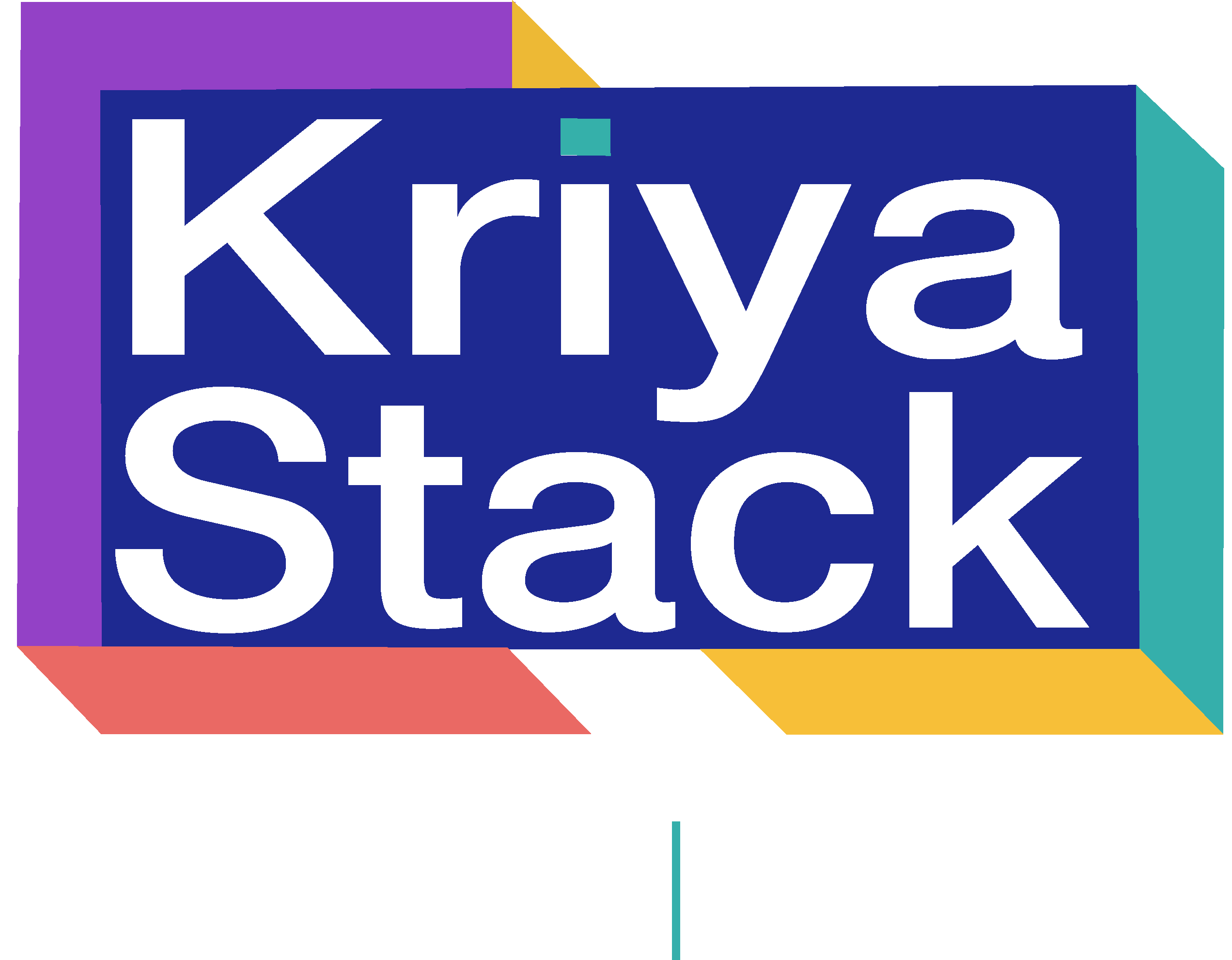
Building SCORM-Compliant Courses: A Quick Guide
If you're creating online training content for a school, university, or workplace, you've likely come across the term SCORM. It sounds technical and a little intimidating, but it’s actually a powerful standard that makes your learning content more flexible and trackable.
Whether you're an educator designing online lessons or a corporate trainer rolling out onboarding modules, understanding SCORM can help you future-proof your content and streamline delivery across platforms.
Here’s a quick guide to help you get started.
What is SCORM and Why Should You Care?
SCORM (Sharable Content Object Reference Model) is a set of technical standards for eLearning software. Simply put, it allows your course to “talk to” an LMS, so you can track things like:
- Whether a learner has completed the course
- How long they spent on a module
- Their quiz scores and progress
Why does it matter?
Because SCORM makes your content reusable, portable, and measurable across different platforms. You can build a course once and deploy it on any SCORM-compliant LMS without rebuilding it from scratch.
Key Benefits of SCORM-Compliant Courses
| Benefit |
|---|
Trackability Reusability Consistency Interoperability Future-readiness |
Whether you’re working in education, corporate L&D, or freelance instructional design, SCORM saves time while improving the learning experience.
How to Build SCORM-Compliant Courses: Step-by-Step
1. Plan Your Learning Objectives
Before jumping into tools, be clear about what learners should know or do by the end. Define your learning outcomes, content structure, and assessment methods.
2. Choose an Authoring Tool that Supports SCORM
Some popular tools include:
- Articulate Storyline
- Adobe Captivate
- iSpring Suite
- Lectora
- Kriya Learn
Choose a tool that fits your workflow, budget, and desired interactivity.
3. Design Interactive Content
Mix in videos, drag-and-drop activities, quizzes, and scenarios to boost engagement. Keep content modular in small chunks work best in SCORM.
4. Export as a SCORM Package
Once your content is ready, export it as a SCORM 1.2 or SCORM 2004 package (depending on what your LMS supports). This usually gives you a .zip file you can upload to any SCORM-compatible LMS.
5. Test Before You Launch
Use tools like SCORM Cloud to test your package. Ensure it loads properly, tracks completion, and reports quiz scores accurately.
Common Mistakes to Avoid When Building a SCORM Training
- Overloading slides with too much content
- Forgetting to define completion criteria
- Exporting in the wrong SCORM version
- Ignoring mobile responsiveness
- Not testing on your actual LMS before rollout
Where Kriya Learn Fits In
If you’re looking to create SCORM-compliant, interactive learning content, without spending hours on technical formatting, Kriya Learn can help.
Designed for both educators and corporate trainers, Kriya Learn lets you:
- Upload your own videos or link from YouTube
- Add micro and macro assessments to videos
- Automatically generate SCORM-compliant modules
- Track learner engagement and export analytics
No need to juggle multiple tools, Kriya Learn helps you build once and deliver anywhere.
Final Thoughts
Building SCORM-compliant courses doesn’t have to be a technical nightmare. With the right planning and tools, you can create engaging, trackable content that works across platforms and audiences.
Whether you're teaching students or training employees, SCORM makes your content future-ready, flexible, and scalable.
Curious how to turn your existing lessons into SCORM packages?
Explore Kriya Learn—built to simplify content creation, tracking, and delivery for modern educators and L&D teams.
How To Build a SCORM Course: Step by Step Guide
Learn how to build SCORM-compliant eLearning courses that are trackable, reusable, and LMS-ready in just a few easy steps, without the hassle of coding.
Plan Your Learning Objectives
Before jumping into tools, be clear about what learners should know or do by the end. Define your learning outcomes , content structure, and assessment methods.
Choose an Authoring Tool that Supports SCORM
Some popular tools include: Articulate Storyline Adobe Captivate iSpring Suite Lectora Kriya Learn
Design Interactive Content
Mix in videos, drag-and-drop activities, quizzes, and scenarios to boost engagement. Keep content modular and in small chunks work best in SCORM.
Export as a SCORM Package
Once your content is ready, export it as a SCORM 1.2 or SCORM 2004 package (depending on what your LMS supports). This usually gives you a .zip file you can upload to any SCORM-compatible LMS
Test Before You Launch
Use tools like SCORM Cloud to test your package. Ensure it loads properly, tracks completion, and reports quiz scores accurately.
Related Articles

Complete SCORM Export Guide 2026 | Kriya Learn
Step-by-step SCORM export from Kriya Learn to any LMS. Fix completion tracking failures, mobile layout issues, version mismatches. Works with Cornerstone, Workday, Moodle, Docebo etc.

Gamified Corporate Training in 2026 | Kriya Stack
Explore how gamified corporate training in 2026 is transforming employee learning. Discover formats, trends, and how Kriya Learn makes interactive training simple

5-Step Guide to Turn Compliance PDFs into Scenario Based Training
Tired of compliance PDFs employees forget? Scenario Pro turns GDPR policies, POSH handbooks, OSHA SOPs into 15-minute branching scenarios. Upload → Auto-generate → Deploy. Pilot phishing training: click rates dropped 42%→11%.
